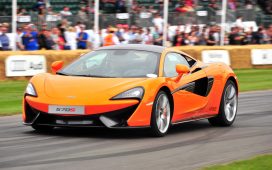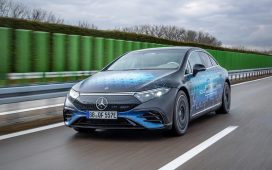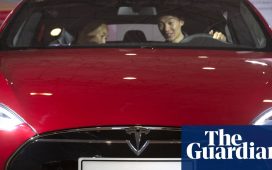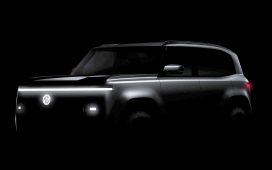BMW 5 Series vs Mercedes E-Class: Verdict

If plug-in hybrids have come of age with regards to their powertrains, then they are still compromised in their packaging and the way they handle their considerable kerb weight.
Ultimately, then, both of these cars are compromised: the Mercedes because it uses a platform that’s chiefly intended for petrol and diesel cars, and the BMW because it uses a platform that also needs to accommodate a pure EV in the form of the i5.
It’s very likely both of these cars would be even more agreeable with a 3.0-litre diesel engine, while still returning 50mpg without having to plug it in. But that point is moot, because the authorities have deemed it so.
Would they be better as EVs? In the case of the BMW i5 and Mercedes EQE, not really, but that’s more down to the inadequacies of those particular cars – and the upcoming Audi A6 E-tron could well shake things up.
Away from hypotheticals, these two are a logical choice: good performance and comfort, with (mostly) classy interiors, and low running costs – as long as you plug them in. Which one to choose?
The classic verdict of ‘Mercedes comfy, BMW sporty’ doesn’t apply here, because they’re level-pegging in that area. In the end, the Mercedes’ lower tax will make it slightly cheaper to run, but more importantly it feels like the more cohesive, grown-up car, one that uses its in-cabin tech to make your journey easier whether by navigation or entertainment, but without imposing itself too much.
Winner
1st. Mercedes E-Class
A rounded plug-in hybrid with a good balance of ride, handling performance and range. Better tech and lower tax get our vote.
2nd. BMW 5 Series
An unusually accomplished hybrid system and plays the sports saloon surprisingly well, but the ride is overly firm and the tech gets on your nerves.
BMW 5 Series vs Mercedes E-Class: Specifications












